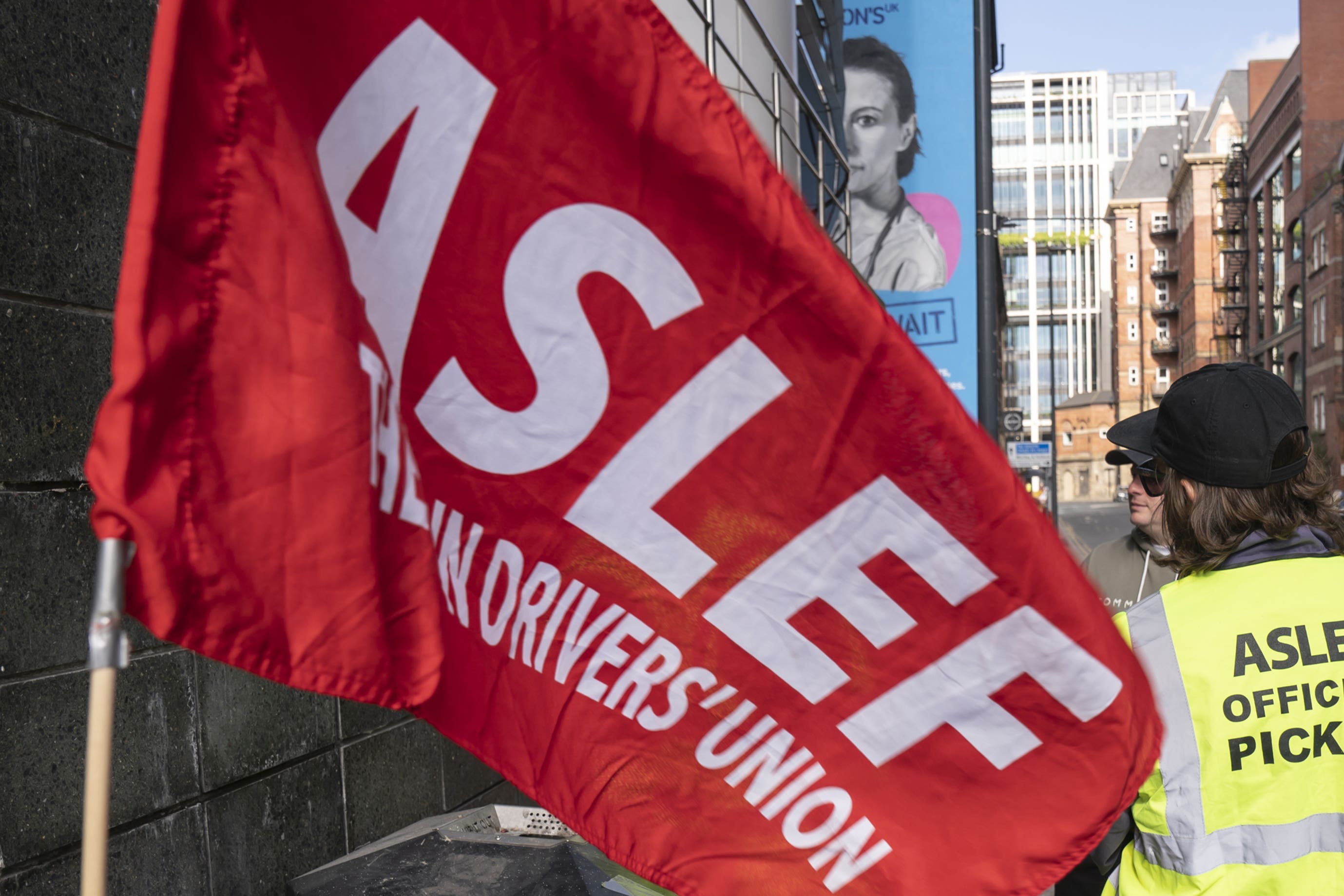Rail companies suggest informal talks to resolve train drivers’ dispute
The move will not be enough to stop strikes next week which will again cripple services.

Your support helps us to tell the story
From reproductive rights to climate change to Big Tech, The Independent is on the ground when the story is developing. Whether it's investigating the financials of Elon Musk's pro-Trump PAC or producing our latest documentary, 'The A Word', which shines a light on the American women fighting for reproductive rights, we know how important it is to parse out the facts from the messaging.
At such a critical moment in US history, we need reporters on the ground. Your donation allows us to keep sending journalists to speak to both sides of the story.
The Independent is trusted by Americans across the entire political spectrum. And unlike many other quality news outlets, we choose not to lock Americans out of our reporting and analysis with paywalls. We believe quality journalism should be available to everyone, paid for by those who can afford it.
Your support makes all the difference.Rail companies have suggested informal talks with the train drivers’ union in a bid to resolve the long-running pay dispute, it has been revealed.
The move by the Rail Delivery Group (RDG), which represents train operators, will not affect a series of fresh strikes and an overtime ban by members of Aslef next week which will again cripple services.
No meetings have been held between the two sides for a year, while government ministers have not met Aslef since the start of 2023.
The RDG has written to Aslef suggesting informal talks which would allow more formal negotiations.
An RDG spokesperson said: “We want to see an end to this dispute and in that spirit, we have written to the Aslef leadership to try and find areas of common ground that will allow us to move to formal negotiations.”
The dispute started in the summer of 2022, since when train drivers have taken a number of strikes, causing travel chaos for passengers and huge financial hits on sectors such as hospitality.
Aslef general secretary Mick Whelan described it as a “soft touch approach” from the RDG.
He told the PA news agency he detected a “slight change of mood” after such a long period when no contact has been made between the union and employers and transport ministers.
“We are obviously not going to say no to any attempt to hold proper negotiations,” he said.
Writing in Aslef’s journal, Mr Whelan said: “I believe we are nearer the end of this dispute and a resolution will come.”
He pointed out that Aslef had secured 17 pay deals over the past year with rail companies not involved in the ongoing dispute, adding it was proof the current row was driven by “political spite, not industrial necessity”.
Aslef members at 16 train companies will launch a six-day ban on overtime on Bank Holiday Monday, followed by strikes at different operators on three separate days between May 7 and 9.